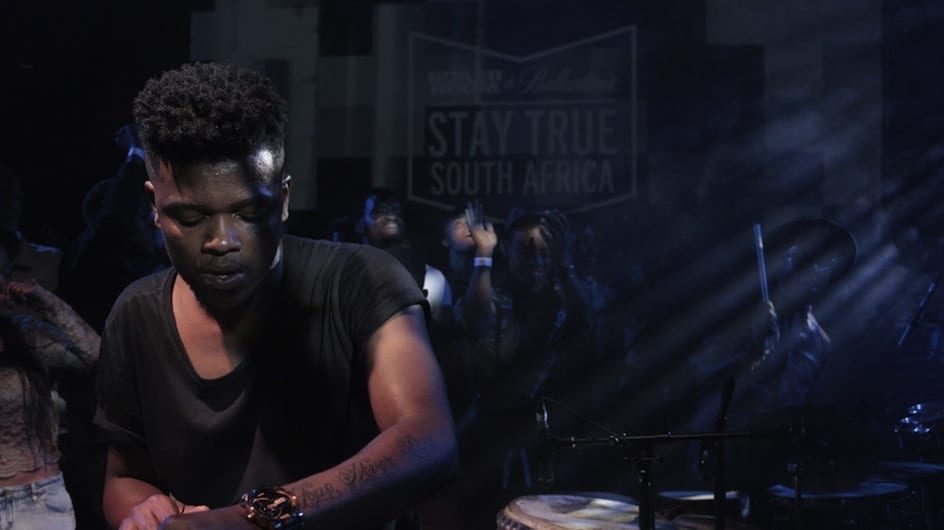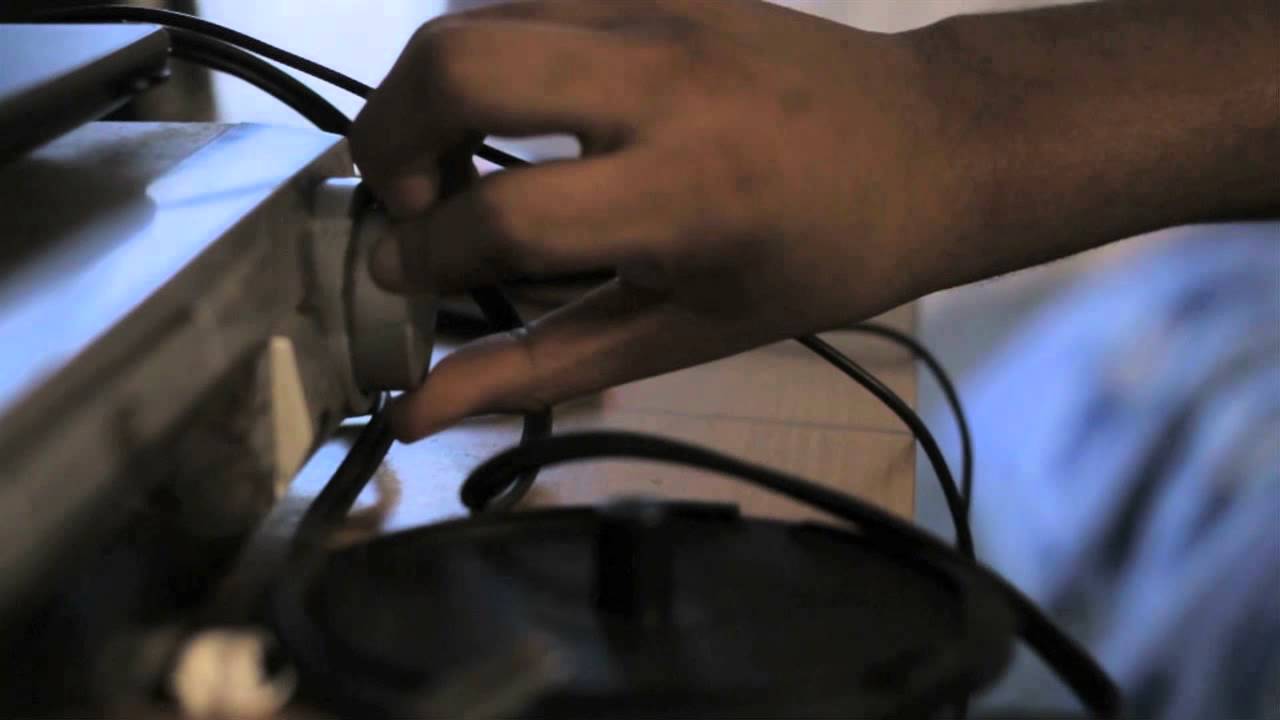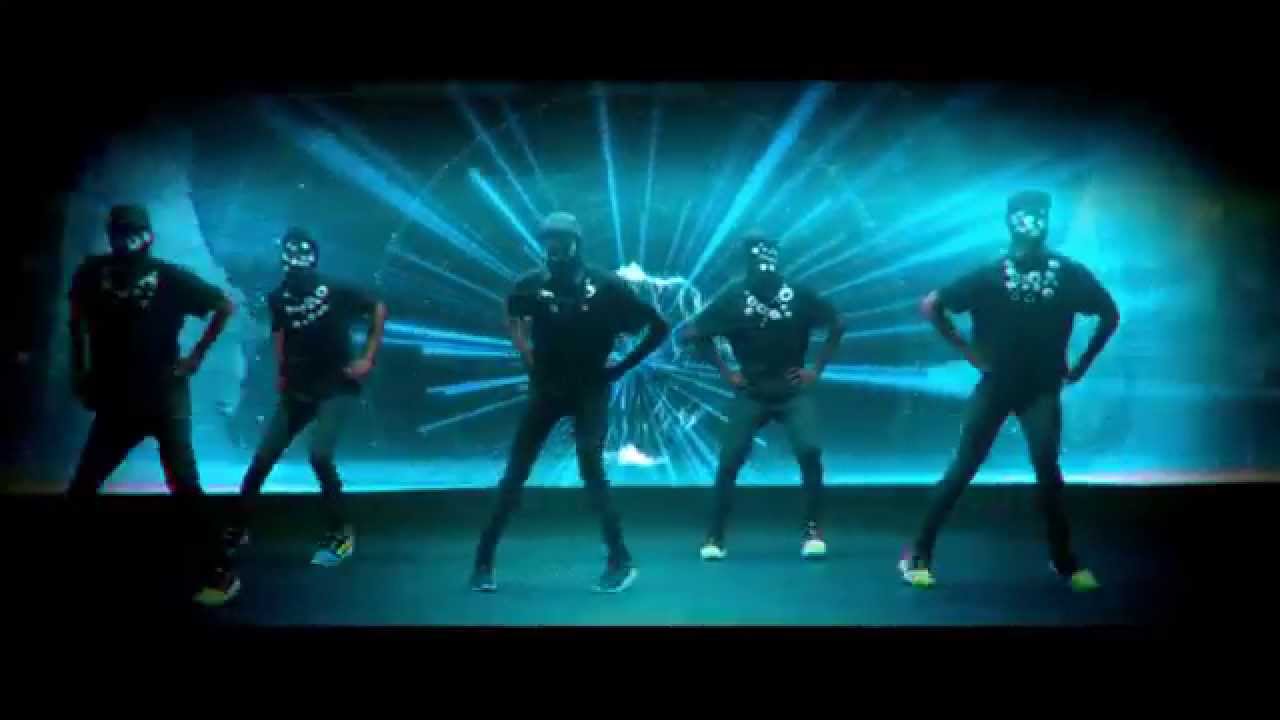Dance runs through your work, whether it’s a music video or branded content. Have you always been aware of the power of dance as a creative expression or is this a relationship that has evolved since you’ve been making films?
I think it’s a result of a lot of things. On one level, a lot of my most celebrated work has got a strong music bend to it and dance is an inextricable component of music. It’s the physical embodiment of music and visually it translates into a powerful expression of self, of a culture, of an entire civilisation’s identity. And that’s the other level: it’s just part of who we are. When I interview musicians and they say “we are a dancing nation,” they say that kind of stuff because they genuinely believe it.
When did you first realise you wanted to become a filmmaker?
I don’t think there was a single point. I didn’t have an eureka moment where the proverbial coin dropped. It was a process of self-discovery through storytelling. I was always interested in narrative on every level. People would tell me a simple story and I would ask very detailed questions. And no one seemed to get why I asked such specific yet seemingly arbitrary questions. That is something that was happening since I was a kid, that desire to penetrate the layers of detail within any story, and that still happens today. But maybe that’s the bigger point here. I’m still becoming the filmmaker I want to be.
Where did you learn to make films?
Hey I’m still learning but when I was at university I made a short documentary about xenophobia called “Trouble in Paradise.” It won a student award. That is my earliest memory of the learning process. I moved to Beijing in 2007 to complete a master’s in filmmaking. That changed everything. I watched every film ever made but with a very different and very specific cognitive process. I became part of a documentary fellowship with a great Chinese documentarian, Zhang Tong Dao, and we would sit for hours watching films, discussing them, and also making our own. I learnt how to approach my work with cultural sensitivity, and an astute awareness of the dynamic between myself as a filmmaker, a black straight male, and the variety of my subject matter.
How would you describe your film style?
I think I look deeper into the dynamics between the camera, a tool charged with a lot symbolism, and whoever or whatever I am filming. In the end I want it to be less about myself and more about the subject matter the film discusses. So the work usually glorifies the subjects, you know, bringing a lot of stuff we take for granted to the forefront; my work carries with it a lot of optimism. I tend to give more of a fuck.
Can you tell us please about your creative process – do you detail everything before shooting or is it more spontaneous? And are you intensely involved in the edit?
I think it’s a balance. I go in with narrative goals but I am also very open. I try to let the story happen organically. That’s become a really trite and almost corny expression recently because it’s easy to use, but I think it’s harder to see through and execute. It’s good to humble oneself to the process and the natural outcomes of the story; the innate stuff that lives within the moments, the environment, the world you become a part of.
Do you enjoy collaborating with a team?
That’s the only way I work. For example, one of my favourite DOPs in the country is Motheo Moeng. I have shot several things with him now; we are growing together. And each time we shoot, I’m always pushing him to shoot like we are about to die, so every piece of work has a mortal stamp on it. And he pushes me to challenge myself; creatively and narratively. That’s an outcome of collaborating. I put myself under constant stress to prove myself and impress my team and that’s how I grow, that’s how we all grow.
Are you given a free reign when you are shooting branded content or do clients generally keep tight tabs on the process?
A lot of the stuff is agreed upon upfront and then it’s a matter of letting the agency or whoever know how close or far off we are to that initial plan. You start the process with a lot of promise, and it’s about letting the relevant powers know that you can deliver on that promise. They have to trust me, that I know what I’m doing, because they can’t always be there. But I think I have done enough to earn that trust now.
What’s been the most challenging production you’ve directed and how did you resolve it?
Future Sound Of Mzansi was a huge mission. It was long, the story was big, we had a ton of footage and very little time together. I was here, Spoek was away. I was working on another documentary; he was recording an album. But eventually we booked some time off and we isolated ourselves, and worked in what Spoek describes as an “artist utopia,” where we went away for a week and stayed in an empty house out of town, cleared away all the clutter and confusion around the process of actually making a film, and just focused on the story and desired outcomes. I guess I won’t always have that luxury but just being able to distance myself from distractions, engage the story, keep perspective, and work with clarity.
LINKS
See more of Lebo’s work here
















